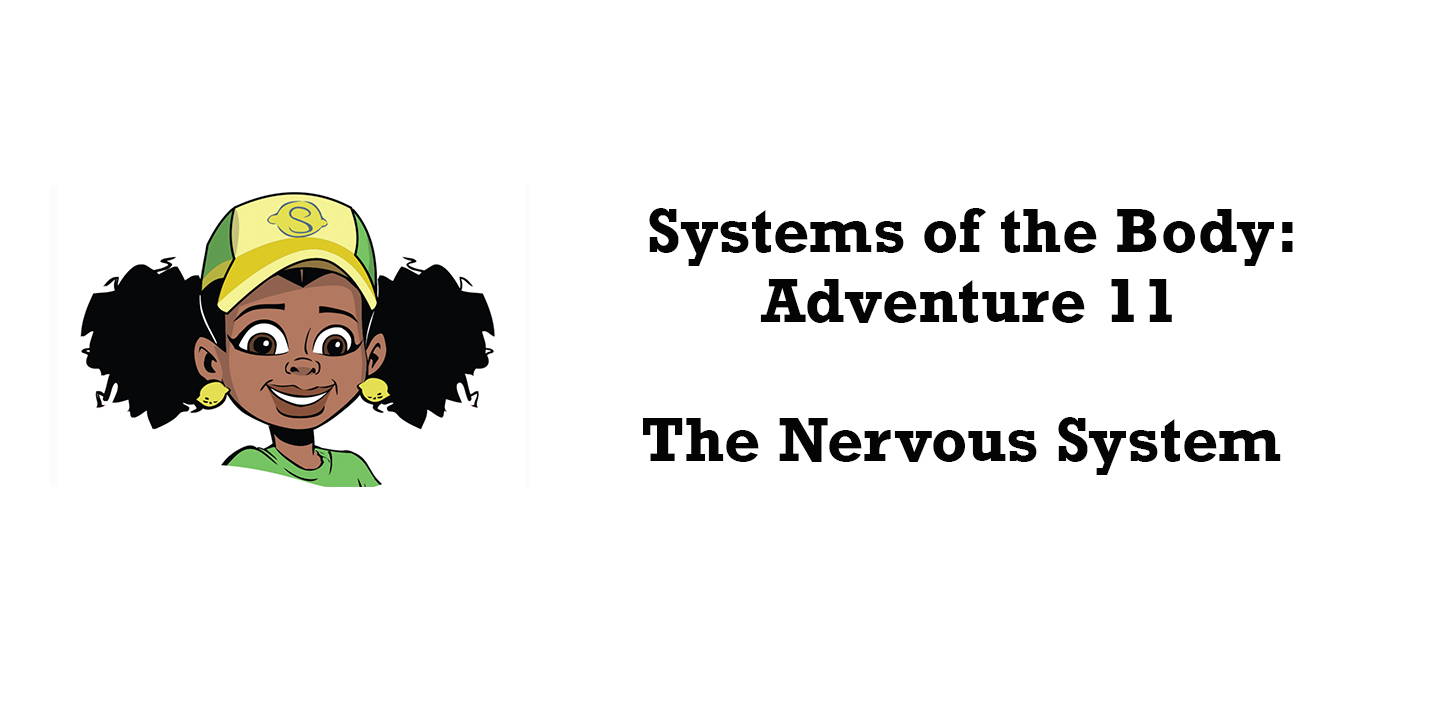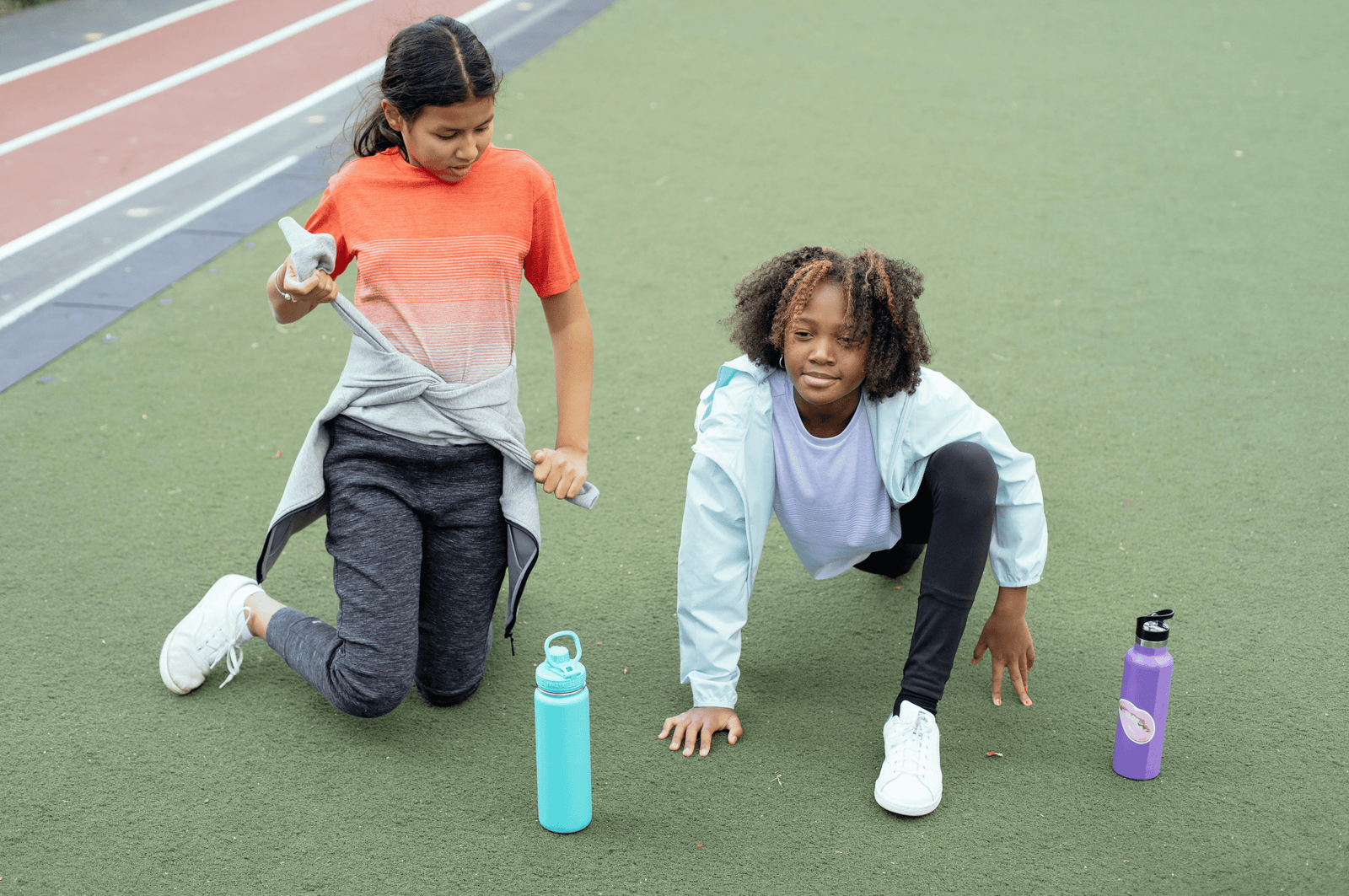
It’s time again, my adventuring friends, to put on our thinking caps for another round of Ask Dr. B.! Today we’re talking about the brain—what it does for us, and how we can help it do its job even better. If you have a question about how the body works, ask me—Dr. B.—at knowyourself.com/pages/ask-dr-b. Now, if you have the nerve, let’s dive head-first into your questions!
I've heard humans only use 10% of their brains. Is this true?
Hmmm...it sure is tempting to believe that this is true. After all, if we only use 10% of our brains, what kind of potential could we unlock if we could use 100%—or even just another 20%? Could we all be hidden geniuses? Think on it a moment more, though, and you realize that this would be a pretty bad system for your body. Imagine, for instance, that between our two hands we only used 10% of our fingers. All of a sudden, a paper cut on that single, important digit makes both your hands useless!
No one really knows where this 10% myth started, but rest assured, it is 100% false. While we still have a lot to learn about the brain and how it works, it’s safe to say that all of your gray matter, well...matters. How do we know? First, scientists can use a special technique called functional magnetic resonance (Say it like this: “mag-NEH-tuck REH-zuh-nonce”) imaging (fMRI) to get images of our brains while performing different activities.
These “light up” in places where the brain is working. Studying these fMRI pictures shows us that all parts of the brain are active. What’s more, they’re active most of the day, and even when you’re sleeping!
Second, when someone suffers an injury or illness that damages the brain, they nearly always lose some ability that they had before. Like in the example of using only 10% of your hand, if we only used a small part of our brain, damage to it wouldn’t be very concerning...so long as you didn’t hurt any of the tiny portion that you actually use. But we see loss of function no matter what part of the brain gets damaged. What’s amazing about our brain is that it can sometimes make up for damage done to it. It can get another area to take over for the damaged part, allowing someone to regain some (though usually not all) of the function they lost. How mind-blowing is that?!
I have trouble paying attention in class. Do you have any advice on how to stay focused?
I’m glad you reached out, Adventurer—I want you to know that you are not alone. Attention is a skill that many of us struggle with—particularly kids, because that part of the brain doesn’t fully develop until you’re an adult. We talk more about it in this week’s Scientific Spotlight on executive function.
The good news is, attention is something you can practice, and there are ways to help your brain block out unwanted distractions and focus on the task at hand:
- Sit away from distractions (like windows and doors) and close to the teacher. If your eyes and ears are close to where your attention needs to be, they’re less likely to tell your brain: “Hey, look over there!”
- Keep your desk and backpack organized (ask a parent or teacher for help if you need to!). This will keep you from being distracted or overwhelmed by trying to find supplies when you need them.
- Take breaks if you can. If you are able to physically get up and move around to take a break, great. If you're in class and unable to get up, try closing your eyes and taking a few deep breaths to refocus yourself.
- Ask your teacher if you are allowed to use distraction blockers during tests or independent study time (like noise-cancelling headphones or seat dividers).
- Break down larger projects into smaller tasks and do one task at a time. It’s much easier to stay focused on something that feels like a manageable size.
- Make a list of goals for the day or week. If you’re not sure what to focus on, go back to your list and see what you wanted to check off. It can feel very rewarding to know you accomplished a goal, no matter the size! This can help motivate you to stay on task in the future.
You’re already on the right track by letting someone know you are having trouble and trying to improve your skills. Be sure to let your teachers and parents know, too. They can help you implement some of these strategies and suggest their own—you can even share with them some of the additional resources below. Remember that building your attention skill won't all happen at once; it'll get better over time, so stick with it!









Leave a comment (all fields required)